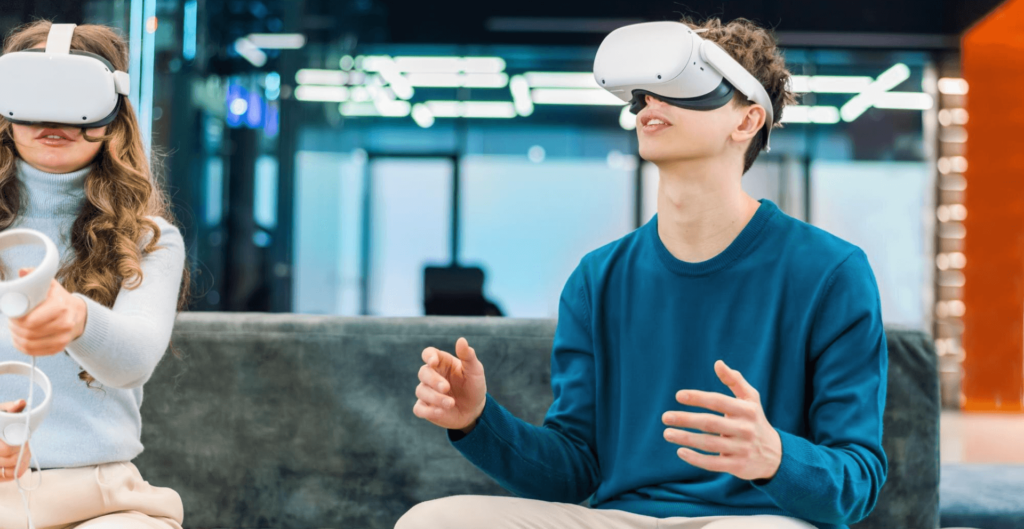
Virtual Reality (VR) is transforming various industries, and healthcare is no exception. By providing immersive and interactive experiences, VR technology is revolutionizing patient care, medical training, and treatment methodologies. In this blog, we will explore the numerous benefits of Virtual Reality in healthcare and how it is shaping the future of medicine.
Enhanced Medical Training and Education
Realistic Simulations
VR offers medical students and professionals the opportunity to practice procedures and surgeries in a risk-free environment. These realistic simulations allow trainees to gain hands-on experience and improve their skills without the fear of harming actual patients. By replicating complex medical scenarios, VR helps build confidence and competence among healthcare providers.
Continuing Education
For practicing doctors and nurses, VR provides a platform for ongoing education and training. Medical professionals can stay up-to-date with the latest techniques and advancements in their field through immersive VR modules. This continuous learning process ensures that healthcare providers are always equipped with the best knowledge and skills to deliver optimal patient care.
Improved Patient Treatment and Rehabilitation
Pain Management
VR is emerging as a powerful tool for pain management. By immersing patients in calming and distracting virtual environments, VR can help reduce the perception of pain during medical procedures or chronic pain conditions. Studies have shown that VR therapy can be effective in decreasing pain levels and improving the overall patient experience.
Physical Therapy and Rehabilitation
In physical therapy and rehabilitation, VR provides engaging and motivating environments for patients to perform their exercises. Virtual Reality can simulate real-world activities and track patient movements, providing immediate feedback and progress tracking. This interactive approach can enhance the effectiveness of rehabilitation programs and speed up recovery times.
Mental Health and Therapy
Exposure Therapy
VR is being used to treat various mental health conditions, including phobias, anxiety disorders, and PTSD. Through controlled and gradual exposure to feared situations in a virtual environment, patients can confront and overcome their anxieties in a safe and therapeutic setting. VR exposure therapy has been shown to be highly effective in reducing symptoms and improving mental health outcomes.
Stress Reduction
Virtual Reality offers a unique way to provide relaxation and stress reduction techniques. Patients can be transported to serene landscapes, guided through mindfulness exercises, or engage in calming activities, all of which can help alleviate stress and promote mental well-being. This therapeutic use of VR can be particularly beneficial for patients in high-stress medical environments.
Enhanced Patient Education and Engagement
Preoperative Planning
For patients undergoing surgery, VR can be used to provide detailed visualizations of the procedure. Surgeons can use VR to explain the steps and expected outcomes, helping patients understand their treatment plan and alleviate fears. This enhanced communication can lead to better patient satisfaction and compliance with medical recommendations.
Health Education
VR can also be utilized to educate patients about their health conditions and treatments. Interactive VR modules can demonstrate how diseases progress, how medications work, and the importance of lifestyle changes. By making health education more engaging and understandable, VR can empower patients to take an active role in their own healthcare.
Conclusion
The integration of Virtual Reality into healthcare is opening up new possibilities for medical training, patient treatment, and therapy. From realistic simulations and pain management to mental health therapy and patient education, the benefits of VR are vast and varied. As VR technology continues to advance, its applications in healthcare will undoubtedly expand, leading to improved outcomes and experiences for both patients and healthcare providers. Embracing VR in healthcare is a step towards a more innovative, effective, and patient-centered approach to medicine.


